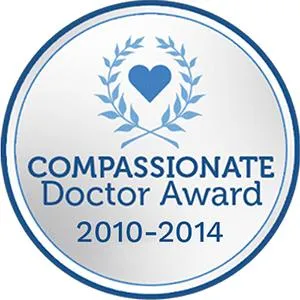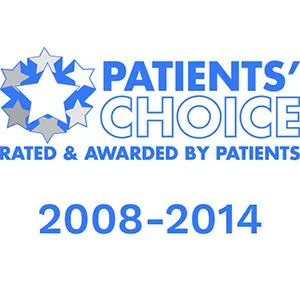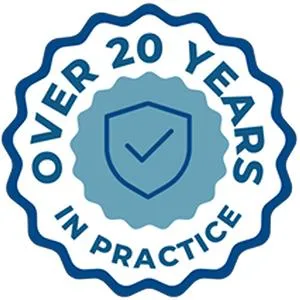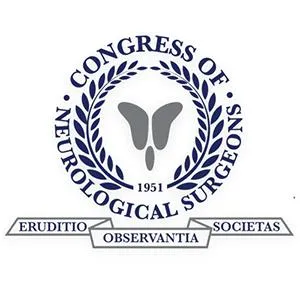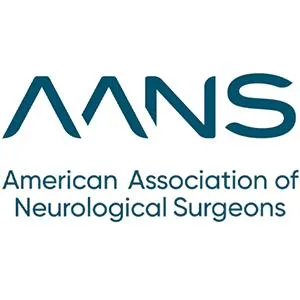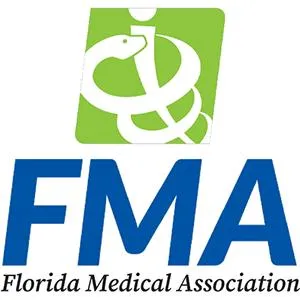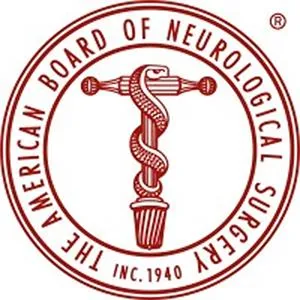Back Pain
Neck Pain
Relief for Neck Pain in Phoenix, AZ
Neck pain can affect nearly every part of daily life — from turning your head while driving to working at a computer or even sleeping comfortably. While it’s common to experience occasional stiffness, persistent or severe pain may signal an underlying spinal condition. At Desert Spine and Pain, we take the fear out of neck pain by combining compassionate care with world-class expertise. Led by Dr. David L. Greenwald, M.D., FAANS, FACS, one of the nation’s top neurosurgeons, our Phoenix team helps patients find relief through accurate diagnosis, conservative therapies, and, when necessary, advanced minimally invasive procedures.

Over 100 5-Star Reviews!

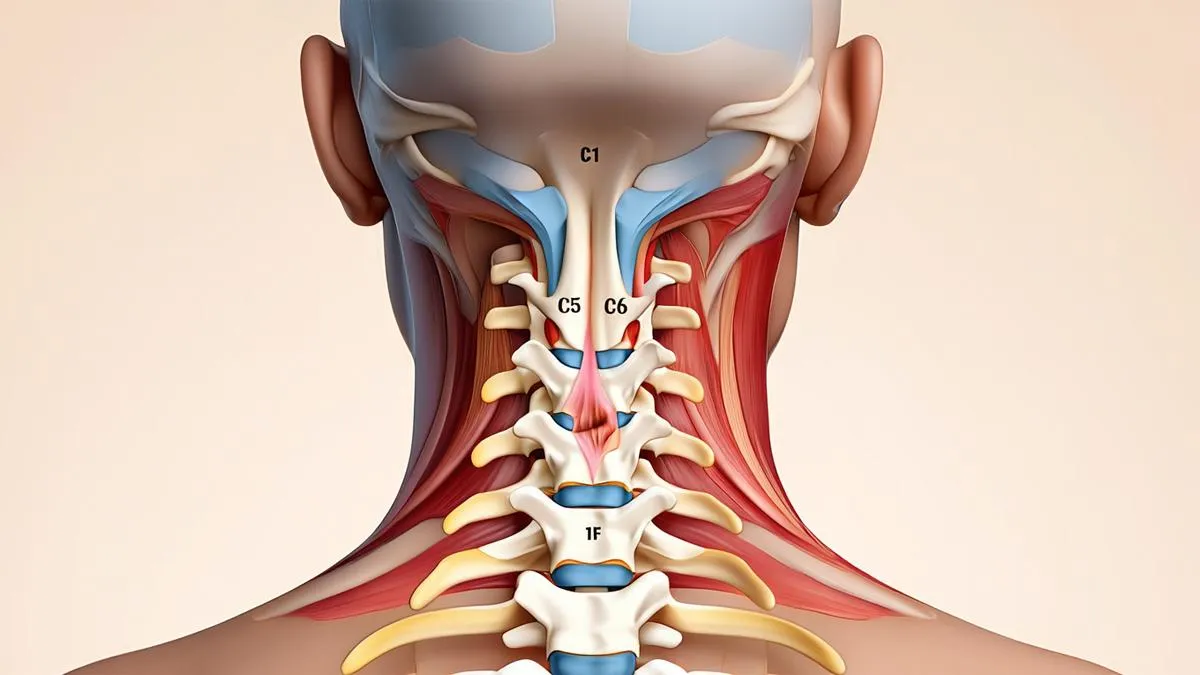
What Is Neck Pain?
The cervical spine, made up of seven vertebrae at the top of the spinal column, supports the head and protects the spinal cord. Pain in this region may arise from muscles, ligaments, nerves, discs, or joints. Neck pain can be acute (lasting days to weeks) or chronic (lasting months or longer).
Causes of Neck Pain
Muscle strain – Poor posture (“tech neck”), overuse, or sudden awkward movements.
Whiplash injuries – Often from car accidents or falls.
Herniated cervical disc – Disc material pressing on a nerve. Learn more about Cervical Herniated Disc
Cervical spondylosis – Arthritis of the neck. Read about Cervical Spondylosis
Cervical spinal stenosis – Narrowing of the spinal canal in the neck. Explore Cervical Spinal Stenosis
Cervical myelopathy – Spinal cord compression causing neurological symptoms. Learn about Cervical Myelopathy
Poor ergonomics – Workstations or sleep positions that strain the neck.
Spinal tumors or infections – Less common, but important to rule out.
Symptoms
Localized neck stiffness or soreness
Radiating pain into shoulders, arms, or hands
Tingling, numbness, or weakness in the arms
Headaches, often starting at the base of the skull
Difficulty turning the head fully
Loss of coordination or balance (serious cases)
Diagnosis
Our diagnostic process includes:
Medical history and exam – Reviewing when pain started, what worsens it, and testing reflexes and movement.
Imaging – X-rays, MRI, or CT scans to view bones, discs, and nerves.
Specialized testing – Nerve conduction studies if neurological symptoms are present.
Because symptoms can mimic other problems, expert evaluation is key to ensuring the right diagnosis.
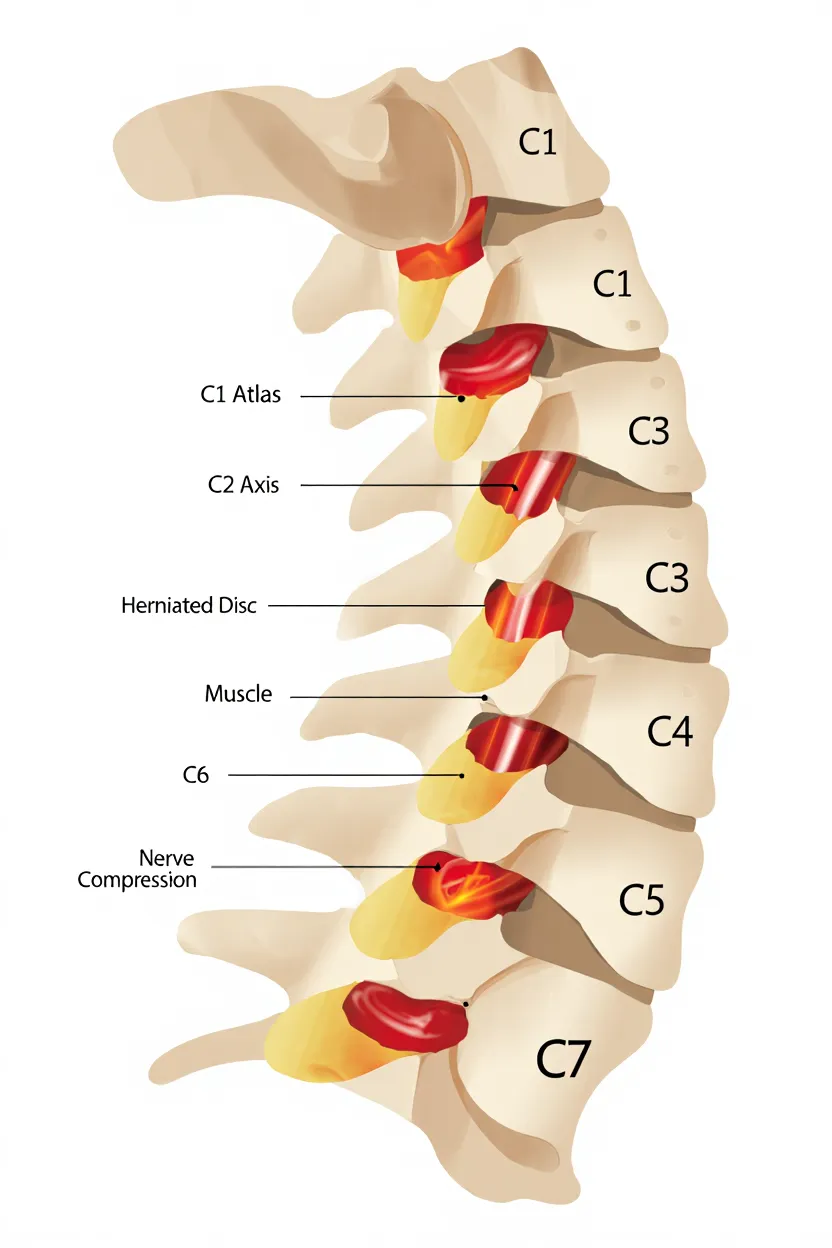
Treatment Options
Non-Surgical Care
Rest and short-term activity modification
Medications (anti-inflammatories, muscle relaxants)
Physical therapy to improve posture and strength See Physical Therapy
Ice and heat therapy
Ergonomic and lifestyle changes
Interventional Pain Options
Epidural steroid injections – To reduce inflammation and nerve irritation. Learn about Epidural Steroid Injections
Facet joint injections – For arthritis-related neck pain.
Surgical Options
If conservative care fails or symptoms progress:
Anterior Cervical Discectomy and Fusion (ACDF) – Removes damaged disc, stabilizes spine.
Cervical disc replacement – Preserves natural motion while relieving pressure.
Minimally invasive cervical procedures – Smaller incisions and faster recovery. Explore Minimally Invasive Surgery
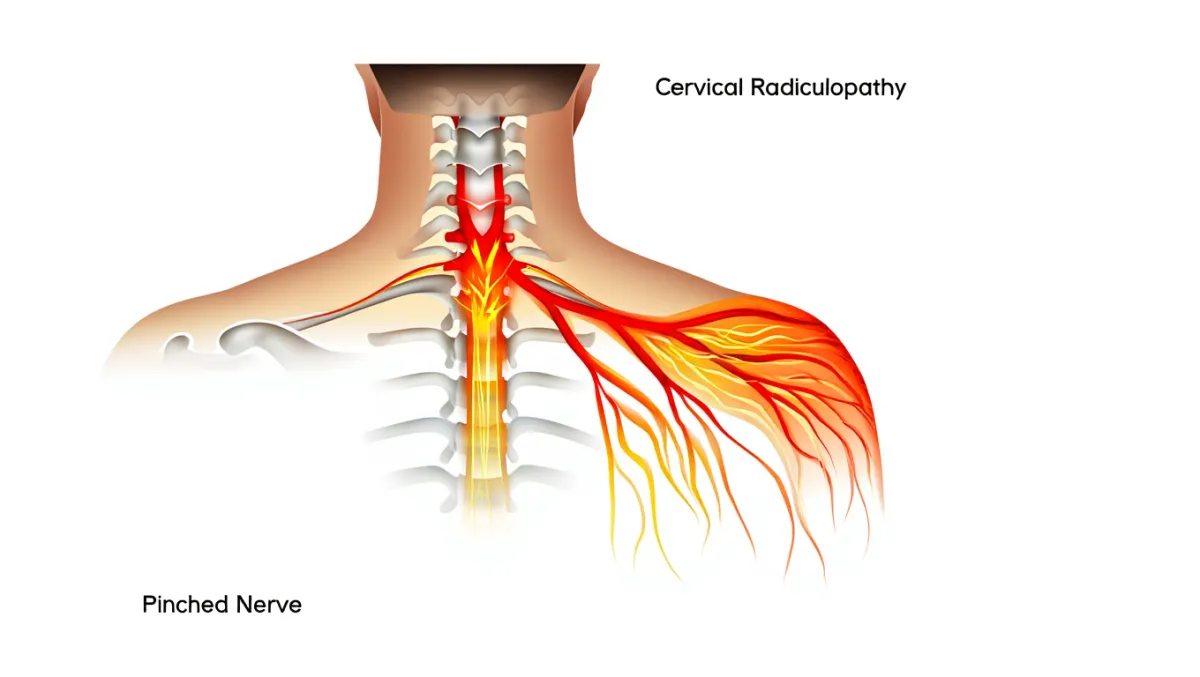
Recovery & Timeline
Mild strain – Often improves in 2–4 weeks.
Injection-based care – Relief may come within days to weeks.
Surgery – Recovery ranges from a few weeks (disc replacement) to several months (fusion).
Serious Neck Conditions that cause Neck Pain
Neck Pain is part of Back Pain Conditions. If you're experiencing neck pain, you may be suffering from:
Cervical Strain – Muscle or ligament injuries in the neck.
Cervical Herniated Disc – Disc pressing on nerves.
Cervical Spinal Stenosis – Narrowing of the cervical canal.
Cervical Spondylosis – Arthritis of the neck.
Cervical Myelopathy – Compression of the spinal cord in the cervical spine.
Why Choose Desert Spine and Pain?
Nationally recognized neurosurgeon – Dr. Greenwald has decades of expertise in neck and spine surgery.
Comprehensive care – From conservative therapy to complex surgical solutions.
Patient-centered approach – Clear explanations and reassurance at every step.
Minimally invasive focus – Surgery only when truly necessary.
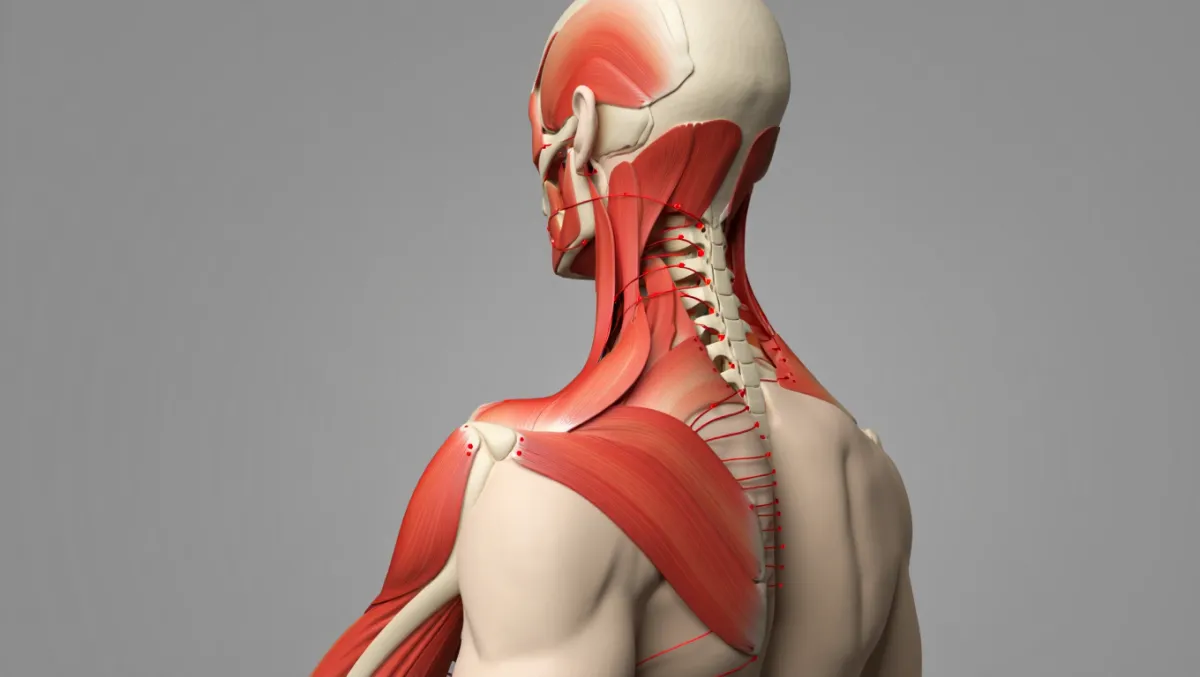
Frequently Asked Questions
What’s the most common cause of neck pain?
Often it’s simple strain or arthritis, though herniated discs and stenosis are also frequent causes.
How do I know if my neck pain is serious?
If pain radiates to your arms, causes numbness/weakness, or affects balance or bladder/bowel control, see a specialist immediately.
Will I need surgery for neck pain?
Not usually. Most patients improve with conservative care. Surgery is only recommended when other treatments fail or when nerve compression is severe.
Can poor posture cause chronic neck pain?
Yes. Prolonged poor posture (like “tech neck”) can strain muscles and accelerate degenerative changes.
How does Desert Spine and Pain treat neck pain differently?
We combine precise diagnosis with conservative-first care, reserving surgery for only when it’s the safest, most effective option.


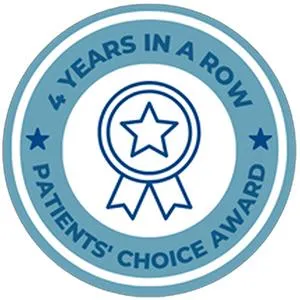
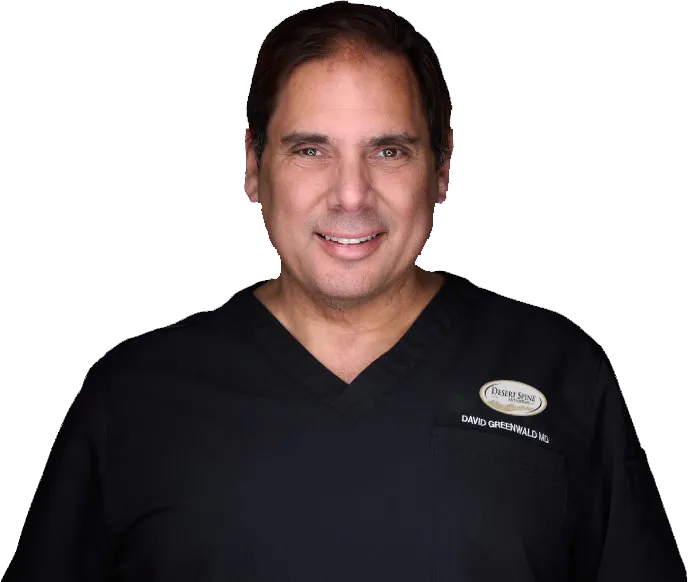
Dr. David L. Greenwald, MD
Neuro-Spine Surgeon

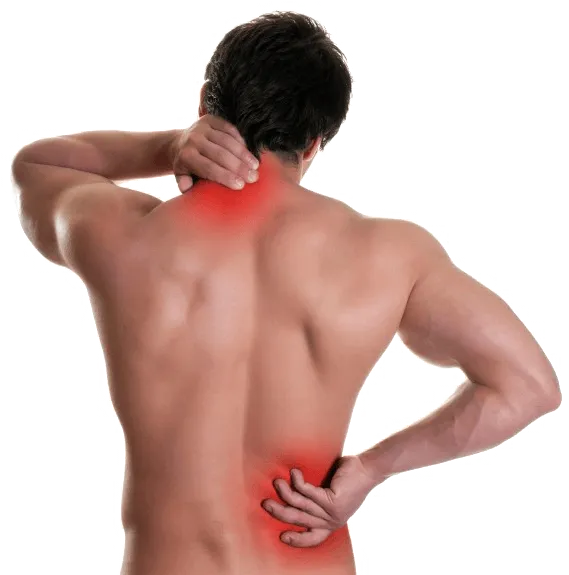
Call Now!
Desert Spine and Pain
A Spine Specialist is standing by.
Relief is just a phone call away!
Available Around the Clock.
Phone: (602) 566-9500
Email: [email protected]
Contact Us
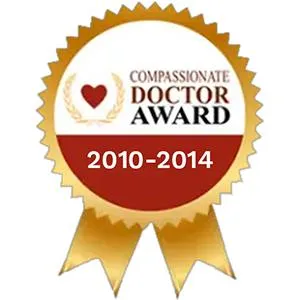
Schedule a Consultation
Every step you take toward relief from neck pain is a step toward restoring your comfort and freedom of movement. Dr. Greenwald and his caring team are here to support you from diagnosis through recovery, tailoring a treatment plan that fits your unique needs and lifestyle. Whether your pain stems from an injury, posture issues, or a degenerative condition, we’re here to help you find lasting relief. Take control of your spine health today—schedule your consultation and start feeling better, one step at a time.
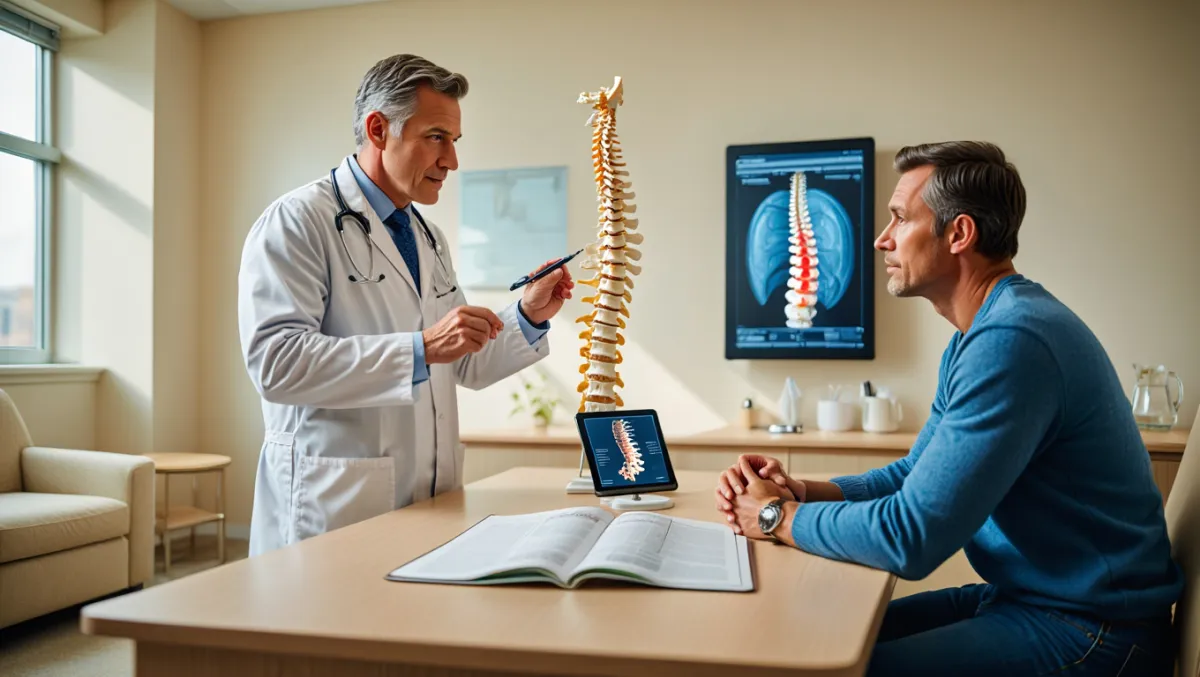
Voted Best Neck and Spine Doctor
Over 30 Years Experience in Orthopedic & Neuro Spine Surgeries.

Dr. David L. Greenwald, M.D., F.A.C.S.
Neurosurgeon | Spine Surgeon | Regenerative Medicine
Dr. David L. Greenwald, MD, FACS, is a leading spine surgeon specializing in the diagnosis and treatment of neck pain caused by conditions such as cervical disc herniation, degenerative disc disease, pinched nerves, and spinal stenosis. With extensive expertise in minimally invasive and motion-preserving techniques, Dr. Greenwald focuses on relieving pain while maintaining natural movement and stability in the neck. His patient-centered approach combines advanced diagnostics, non-surgical therapies, and precision-guided procedures when necessary—helping patients throughout South Florida regain comfort, strength, and confidence in their daily lives.
Book your Spine Care Consultation Today!


Desert Spine and Pain
Patient Centered & Partner Focused
Quick Links
Resources
Connect With Us
© Desert Spine and Pain. 2026. All Rights Reserved. Sitemap

